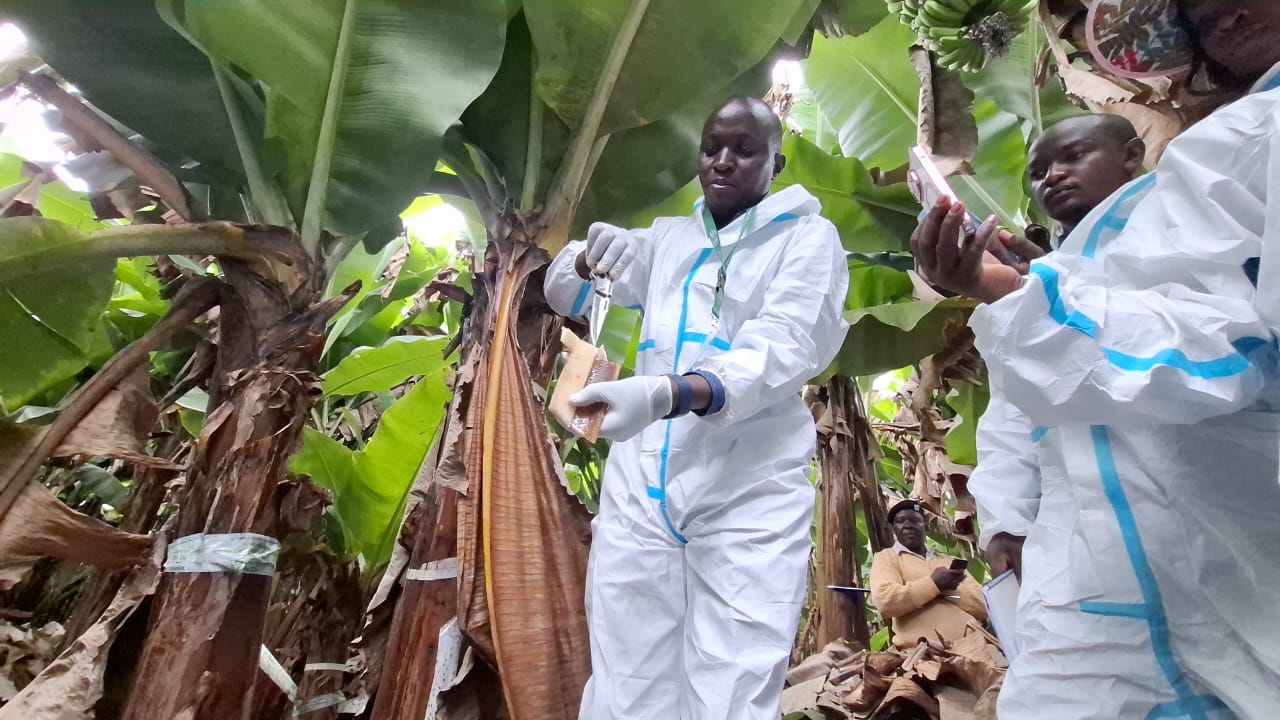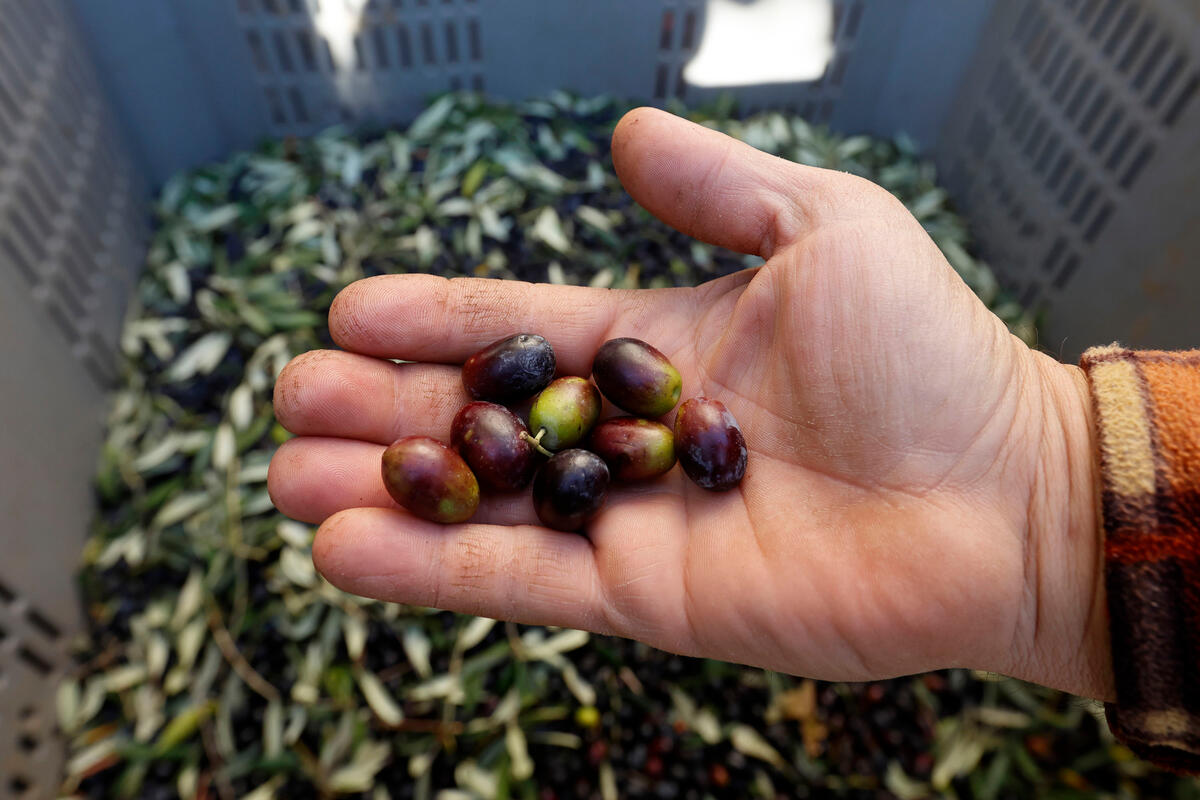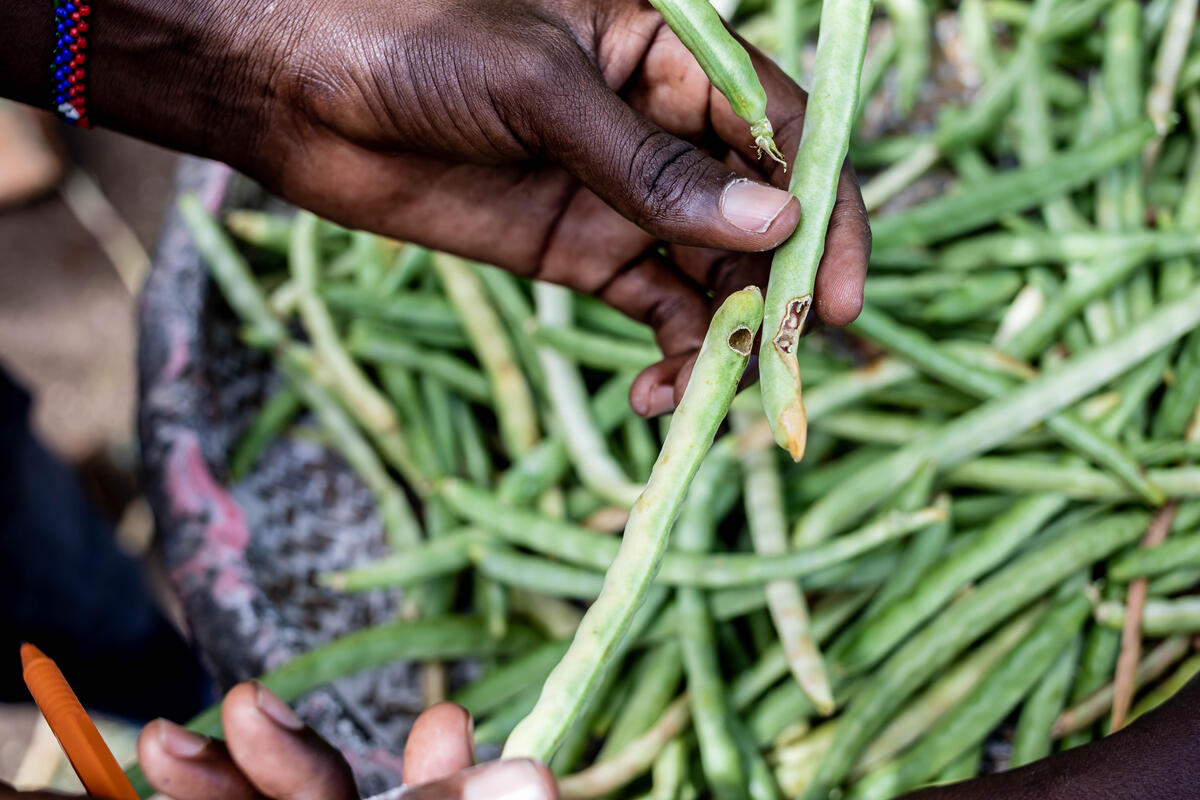
The Pest Outbreak Alert and Response Systems (POARS) aim to enhance global phytosanitary capacity by improving early detection, strengthening response strategies, and fostering international collaboration to minimize the impact of emerging pests on agriculture, trade, and ecosystems.
The POARS initiative is entering a critical phase in 2025, as this year marks the pilot implementation of the system. This pilot phase will test the alert system, emerging pest identification framework, and targeted activities.

Why POARS Matters
Emerging pests pose a significant risk to global agriculture, trade, and food security. POARS focuses on:
- Providing timely alerts to the IPPC community and stakeholders about potential and confirmed emerging pests.
- Identifying emerging pests of global concern through a structured assessment process based on specific scientific and risk-based criteria.
- The POARS framework is structured around five interconnected phases: prediction, prevention, preparedness, response, and recovery.
- POARS actively seeks collaboration with NPPOs, RPPOs, researchers, industry stakeholders, and policymakers.

IPPC Alert System
The IPPC Pest Alerts is an integral part of POARS, designed to provide timely and coordinated alerts on potential and confirmed emerging pests of global concern.
The aim is to connect national, regional, and global networks to enhance information sharing across countries and regions, enabling proactive responses and improving preparedness and response efforts.

How are emerging pests of global concern determined?
The POARS Steering Group (POARS SG) outlined a process for identifying, nominating, and assessing potential emerging pests of global concern. This includes:
- Identifying emerging pests through pest reporting and horizon scanning.
- Nominating them through NPPOs, RPPOs, or the secretariat.
- Assessing them against established criteria.
Pests meeting the criteria are designated as emerging pests of global concern, triggering targeted activities, while others may be added to a watch list or excluded.
The IPPC Secretariat has issued a call for emerging pests, inviting nominations. A dedicated section will soon be available with assessment results.

